Protect Your Home with Professional Mold Inspection
Mold can be a silent threat to your home and health. Often unseen, it thrives in damp, poorly ventilated areas, leading to potential structural damage and health issues. A thorough mold inspection is the first step in ensuring a safe and healthy living environment.
Why is Mold Inspection Important?
- Early Detection: Identifying mold growth early prevents extensive damage and costly remediation.
- Health Protection: Mold can cause allergic reactions, respiratory problems, and other health issues, especially in sensitive individuals.
- Property Value: Undetected mold can significantly decrease your property’s value and create complications during real estate transactions.
What Does a Mold Inspection Involve?
A professional mold inspection typically includes:
- Visual Examination: A detailed inspection of accessible areas, looking for visible mold growth and signs of moisture.
- Moisture Mapping: Using moisture meters and thermal imaging to identify areas with elevated moisture levels, which can indicate potential mold growth.
- Air Sampling: Collecting air samples to determine the presence and concentration of mold spores in the air.
- Surface Sampling: Taking samples from surfaces to identify the type of mold present.
- Comprehensive Report: Providing a detailed report outlining findings, including the location and type of mold, moisture levels, and recommendations for remediation.
When Should You Get a Mold Inspection?
Consider scheduling a mold inspection if you notice any of the following:
- Visible mold growth on walls, ceilings, or other surfaces.
- A musty or earthy odor in your home.
- Water damage or leaks.
- Increased allergy symptoms or respiratory issues.
- Before buying or selling a property.
Don’t wait until mold becomes a major problem. Contact a certified mold inspection specialist today to ensure your home is safe and healthy. Protect your family and your investment with professional mold detection services.
Our Richmond Mold Services
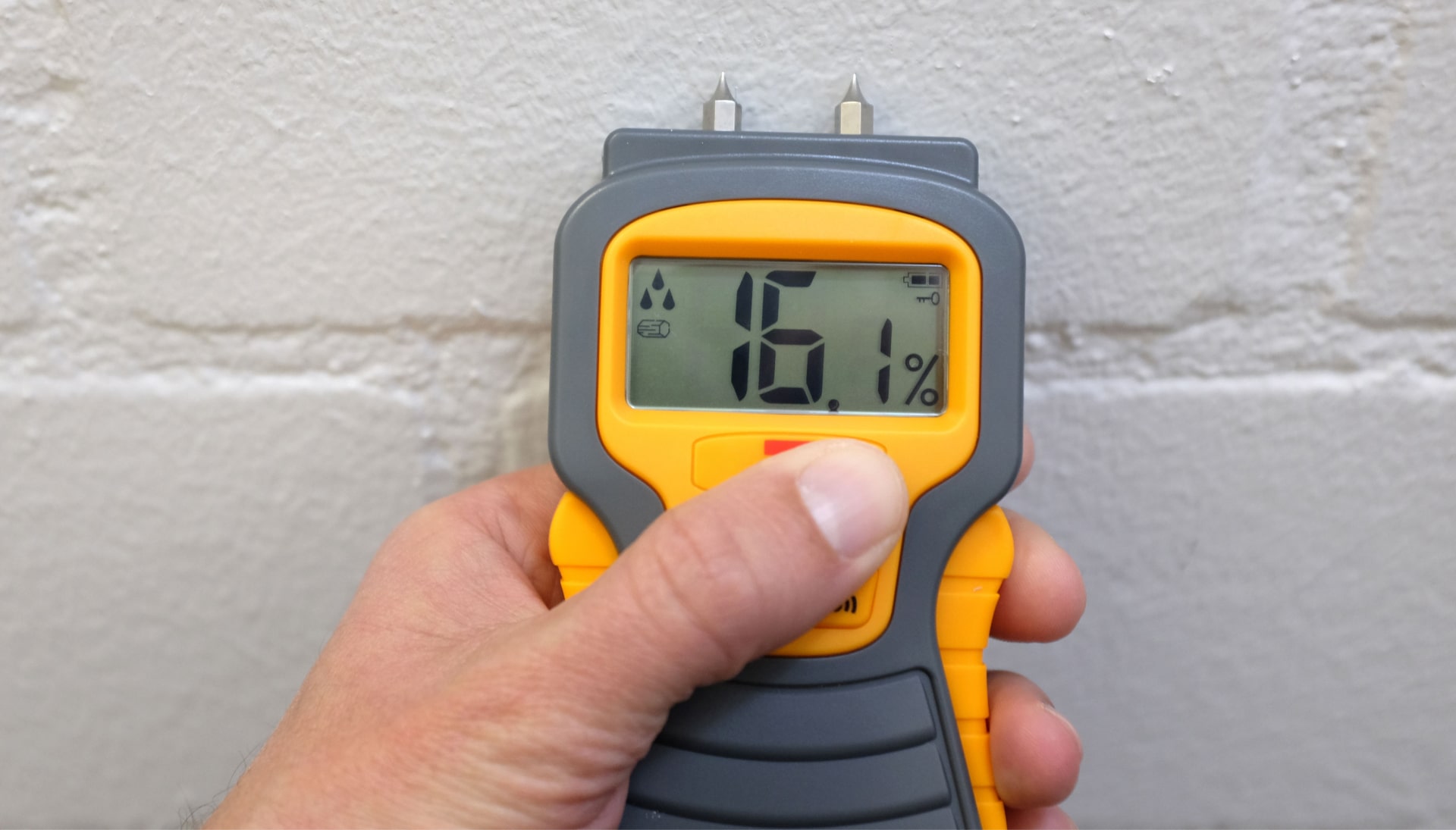
Mold Testing in Richmond
We offer no-obligation testing to see if your home or building is infected with mold. Call us or complete our contact form today for your no-risk quote!
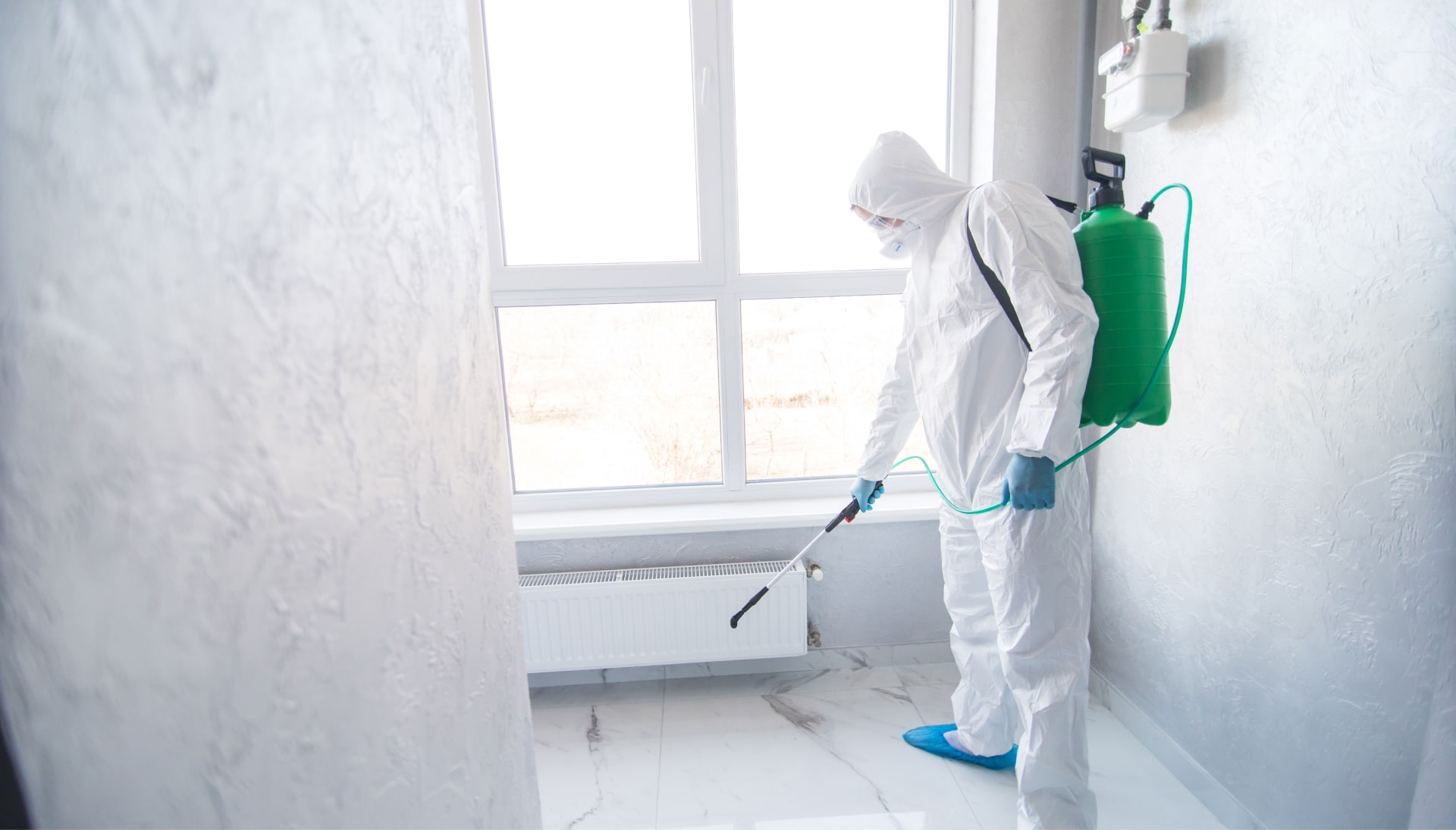
Mold Inspections
During the mold inspection, we inspect your entire Richmond property and look for signs of mold growth.
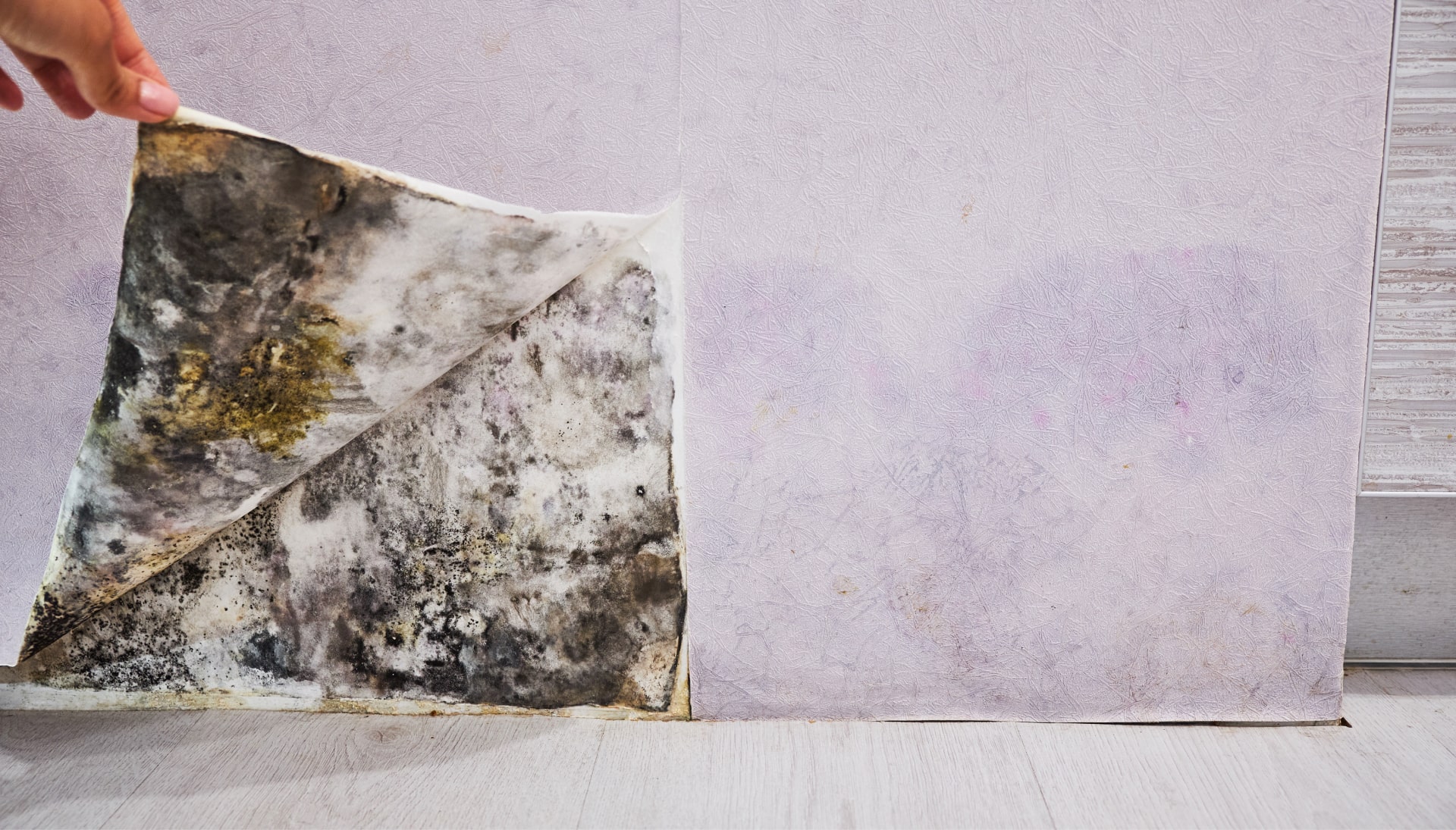
Mold Removal and Remediation
It’s crucial for you to entrust a professional Richmond, Virginia mold company for the mold removal job.
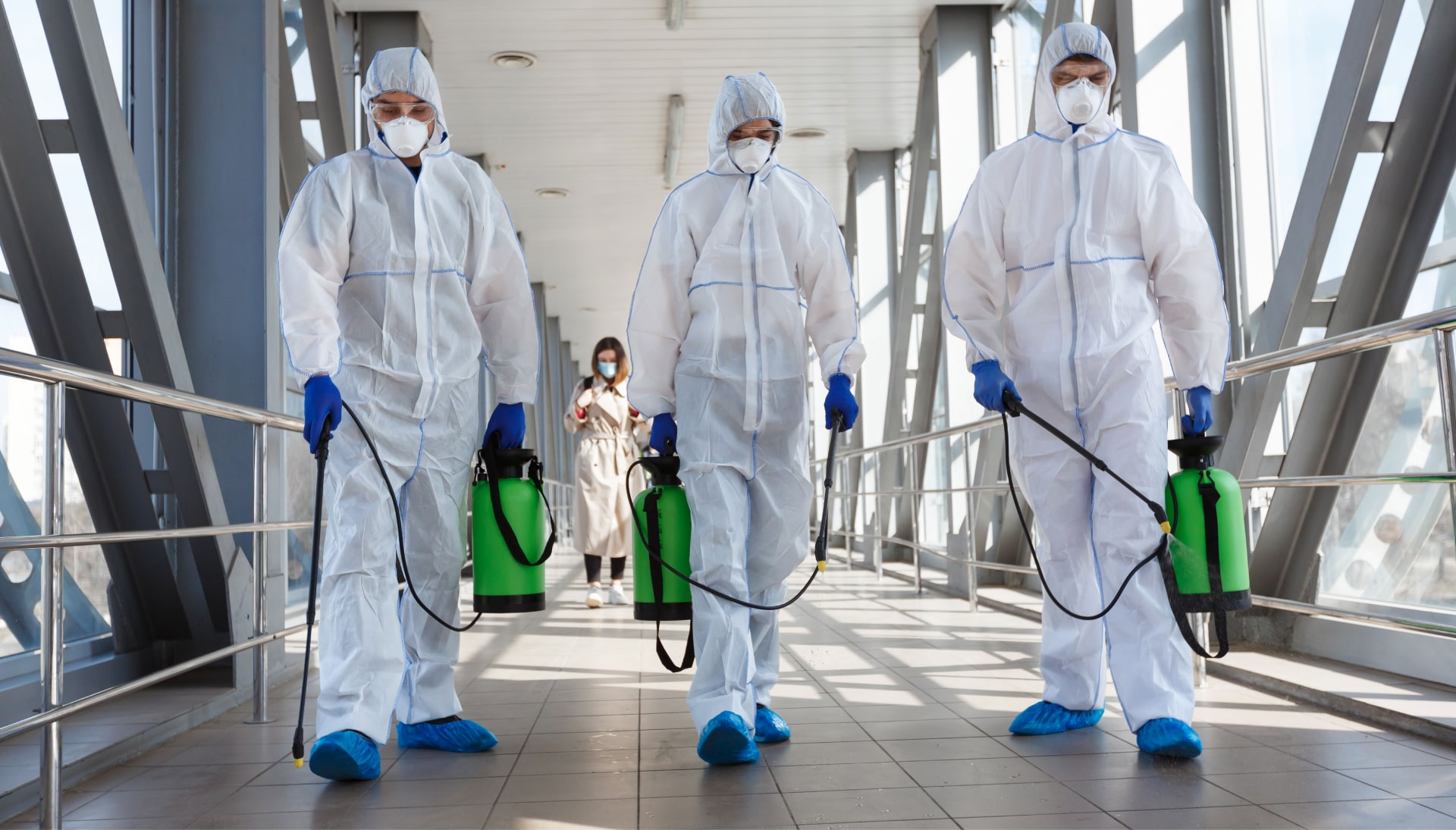
Testing Indoor Air Quality
The indoor air quality of your Richmond property is extremely important for your health and wellness. Make sure your air is safe to breath.
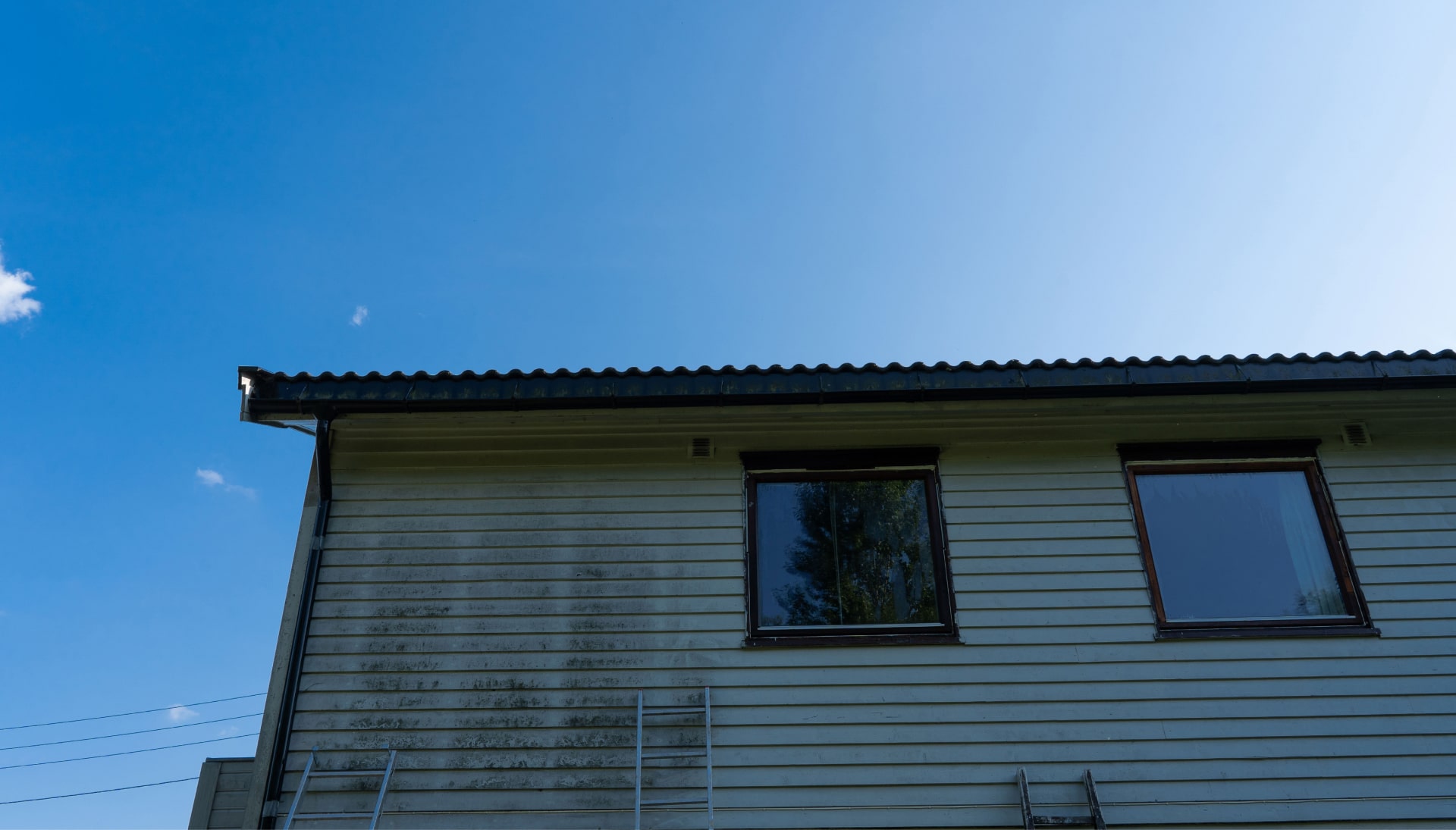
Residential Mold Removal Service
Since we have a skilled team with state-of-the-art equipment, we take pride in our Richmond, Virginia mold remediation services for residential spaces.
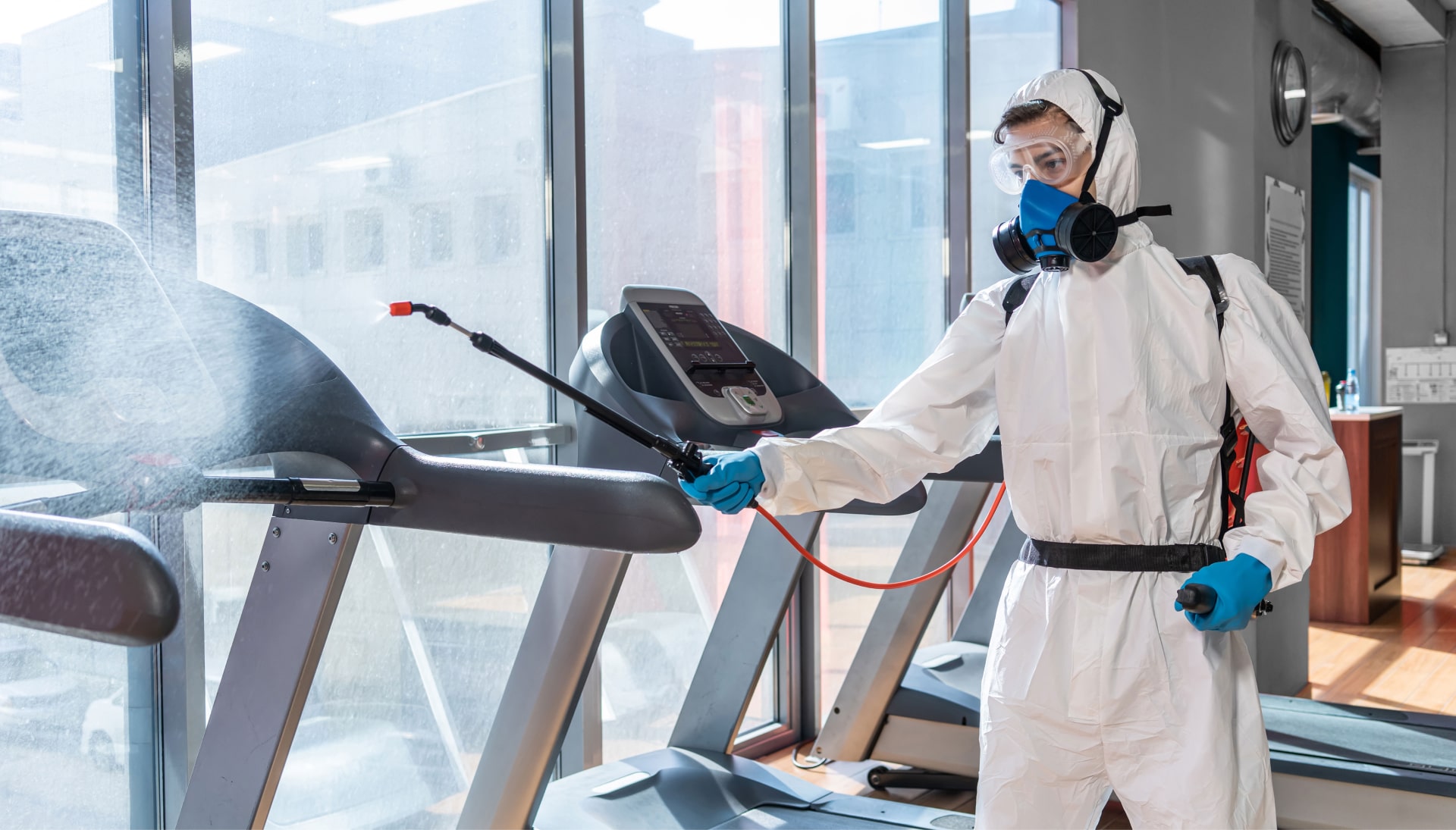
Commercial Mold Removal Service
People in a workplace should not be exposed to mold and mildew as it can affect their health negatively while creating an unhealthy environment. Contact us to ensure your Richmond workplace is safe.
Protecting Your Home from Mold Intrusions
Mold growth in your home can lead to significant health issues and structural damage. Understanding the risks and taking proactive steps to detect and address mold is crucial for maintaining a healthy and safe living environment.
Understanding the Threat of Mold
Mold thrives in moist environments, making areas such as bathrooms, basements, and kitchens particularly susceptible. Leaks, poor ventilation, and high humidity can all contribute to mold growth. Identifying and mitigating these conditions is the first line of defense against mold infestations.
The Importance of Professional Mold Inspection
While visible mold is a clear indicator of a problem, mold can often hide behind walls, under floors, or in ventilation systems. A professional mold inspection is essential to accurately assess the extent of the problem and identify all affected areas. Inspectors use specialized equipment to detect hidden moisture and mold growth, providing a comprehensive evaluation of your property.
What to Expect During a Mold Inspection
A thorough mold inspection typically involves:
- Visual Assessment: A detailed examination of your property for visible signs of mold and moisture.
- Moisture Detection: Using moisture meters and thermal imaging to identify areas with elevated moisture levels.
- Air and Surface Sampling: Collecting samples to determine the type and concentration of mold spores present.
Addressing Black Mold Concerns
Black mold, or *Stachybotrys chartarum*, is a particularly concerning type of mold due to its potential health effects. A professional black mold inspection can confirm its presence and determine the best course of action for remediation. Early detection and proper remediation are crucial to prevent health problems and further damage to your property.
Steps to Take After a Mold Inspection
If mold is detected during the inspection, the next step is professional mold remediation. Remediation involves:
- Containment: Isolating the affected area to prevent the spread of mold spores.
- Removal: Safely removing mold-infested materials.
- Cleaning and Disinfection: Cleaning and disinfecting the affected area to eliminate remaining mold spores.
- Prevention: Addressing the underlying moisture issue to prevent future mold growth.
Protect your home and health by scheduling a professional mold inspection today. Addressing mold issues promptly can save you significant time, money, and potential health problems in the long run.
Mold Testing and Inspections
Protecting Your Home: The Importance of Residential Mold Inspection
Mold can be more than just an unsightly nuisance; it poses potential health risks and can compromise the structural integrity of your home. Understanding the causes, identifying potential problems, and acting swiftly are key to maintaining a safe and healthy living environment. This section outlines why a professional residential mold inspection is a crucial step for homeowners.
Why Mold Inspection Matters
Mold thrives in damp, humid conditions, often hidden from plain sight. Leaky pipes, poor ventilation, and even high humidity levels can create breeding grounds for mold. Early detection is essential because mold can spread rapidly, affecting air quality and causing allergic reactions, respiratory issues, and other health problems. A professional mold inspection provides accurate assessment and helps prevent extensive damage and costly remediation.
What a Mold Inspection Entails
A comprehensive residential mold inspection involves a thorough visual examination of your property, including basements, attics, crawl spaces, and areas prone to moisture. Inspectors use specialized equipment to detect elevated moisture levels and air sampling to identify the presence and concentration of mold spores. They will assess potential sources of moisture and provide a detailed report outlining findings, including the type of mold identified and recommendations for remediation.
Benefits of Professional Mold Assessment
- Early Detection: Identifies mold growth before it becomes a major problem.
- Health Protection: Safeguards your family from potential health risks associated with mold exposure.
- Property Value: Prevents structural damage that can decrease your home’s value.
- Informed Decisions: Provides detailed information for effective remediation strategies.
Taking Action
If you suspect mold growth in your home, scheduling a professional residential mold inspection is a proactive measure to ensure your family’s well-being and the longevity of your property. Addressing mold issues promptly protects your investment and contributes to a healthier living environment. Don’t wait until the problem escalates – taking action now can save you time, money, and potential health complications in the long run.
Mold TestingProtecting Your Business with Commercial Mold Inspection
Maintaining a healthy and safe environment is crucial for any business. Mold growth can pose significant risks to your employees, customers, and the overall integrity of your commercial property. Investing in professional commercial mold inspection services is a proactive step toward ensuring a healthy workspace and preventing potential liabilities.
Why Commercial Mold Inspection is Essential
Unlike residential properties, commercial buildings often have complex HVAC systems and larger square footage, which can create ideal conditions for mold to thrive. Undetected mold can lead to:
- Health Issues: Mold exposure can trigger allergies, asthma, and other respiratory problems in employees and customers.
- Property Damage: Mold can damage building materials, leading to costly repairs.
- Legal Liabilities: Neglecting mold issues can result in lawsuits and regulatory penalties.
- Business Disruption: Mold remediation can disrupt business operations, leading to lost productivity and revenue.
Our Commercial Mold Inspection Process
Our comprehensive commercial mold inspection process is designed to identify potential mold issues and provide you with a clear understanding of the air quality within your business. Our experienced inspectors will:
- Conduct a thorough visual inspection: We carefully examine all areas of your property, including hidden spaces, for signs of mold growth.
- Use advanced detection equipment: We employ moisture meters, thermal imaging cameras, and other tools to detect hidden moisture and potential mold hotspots.
- Collect air and surface samples: We collect samples to identify the type and concentration of mold spores present in your property.
- Provide a detailed report: You’ll receive a comprehensive report outlining our findings, including photos, lab results, and recommendations for remediation.
Benefits of Proactive Mold Inspection
Investing in regular commercial mold inspection offers numerous benefits:
- Early Detection: Identifying mold issues early can prevent extensive damage and costly repairs.
- Improved Air Quality: Mold remediation improves indoor air quality, creating a healthier environment for employees and customers.
- Regulatory Compliance: Demonstrating proactive mold management can help you comply with health and safety regulations.
- Peace of Mind: Knowing that your property is mold-free provides peace of mind for you, your employees, and your customers.
Residential Mold Removal Services
Protecting Your Home: Understanding Mold Inspection
Mold can be a silent intruder in homes, often hidden from plain sight but capable of causing significant damage and health concerns. A proactive approach to mold detection is essential for maintaining a safe and healthy living environment. Understanding the basics of mold, the importance of professional attic mold inspection, and what to expect during the process can empower homeowners to take necessary precautions.
Why is Mold Inspection Important?
Mold thrives in moist environments and can grow on various surfaces, including walls, ceilings, and floors. It releases spores into the air, which can lead to allergic reactions, respiratory problems, and other health issues, especially in sensitive individuals such as children, the elderly, and those with compromised immune systems. Early detection through professional inspection is critical for preventing extensive mold growth and minimizing health risks.
The Benefits of Professional Attic Mold Inspection
The attic is a common area for mold growth due to its potential for moisture buildup from leaks, poor ventilation, or inadequate insulation. An attic mold inspection offers several benefits:
- Early Detection: Identifies mold growth before it becomes widespread and costly to remediate.
- Health Protection: Reduces the risk of mold-related health problems for you and your family.
- Property Value: Helps maintain the value of your home by preventing structural damage caused by mold.
- Peace of Mind: Provides assurance that your home is safe and healthy.
What to Expect During an Inspection
A thorough mold inspection typically involves the following steps:
- Visual Assessment: A trained inspector will visually examine your home, paying close attention to areas prone to moisture and mold growth, such as bathrooms, kitchens, basements, and attics.
- Moisture Detection: Moisture meters and other tools are used to identify areas with elevated moisture levels, which can indicate potential mold growth.
- Air Sampling: Air samples may be collected to determine the concentration and type of mold spores present in the air.
- Surface Sampling: If visible mold is present, surface samples may be taken to identify the specific type of mold.
- Detailed Report: Following the inspection, you will receive a comprehensive report outlining the findings, including the location and extent of any mold growth, potential causes, and recommendations for remediation.
Taking the Next Steps
If a mold inspection reveals the presence of mold, it’s essential to take prompt action to remediate the problem. Mold remediation involves removing the mold, addressing the underlying moisture source, and implementing measures to prevent future growth. Professional mold remediation services can ensure the job is done safely and effectively, protecting your home and health. Don’t delay, address any potential mold issues today for a healthier and safer tomorrow.
Residential Mold Removal Services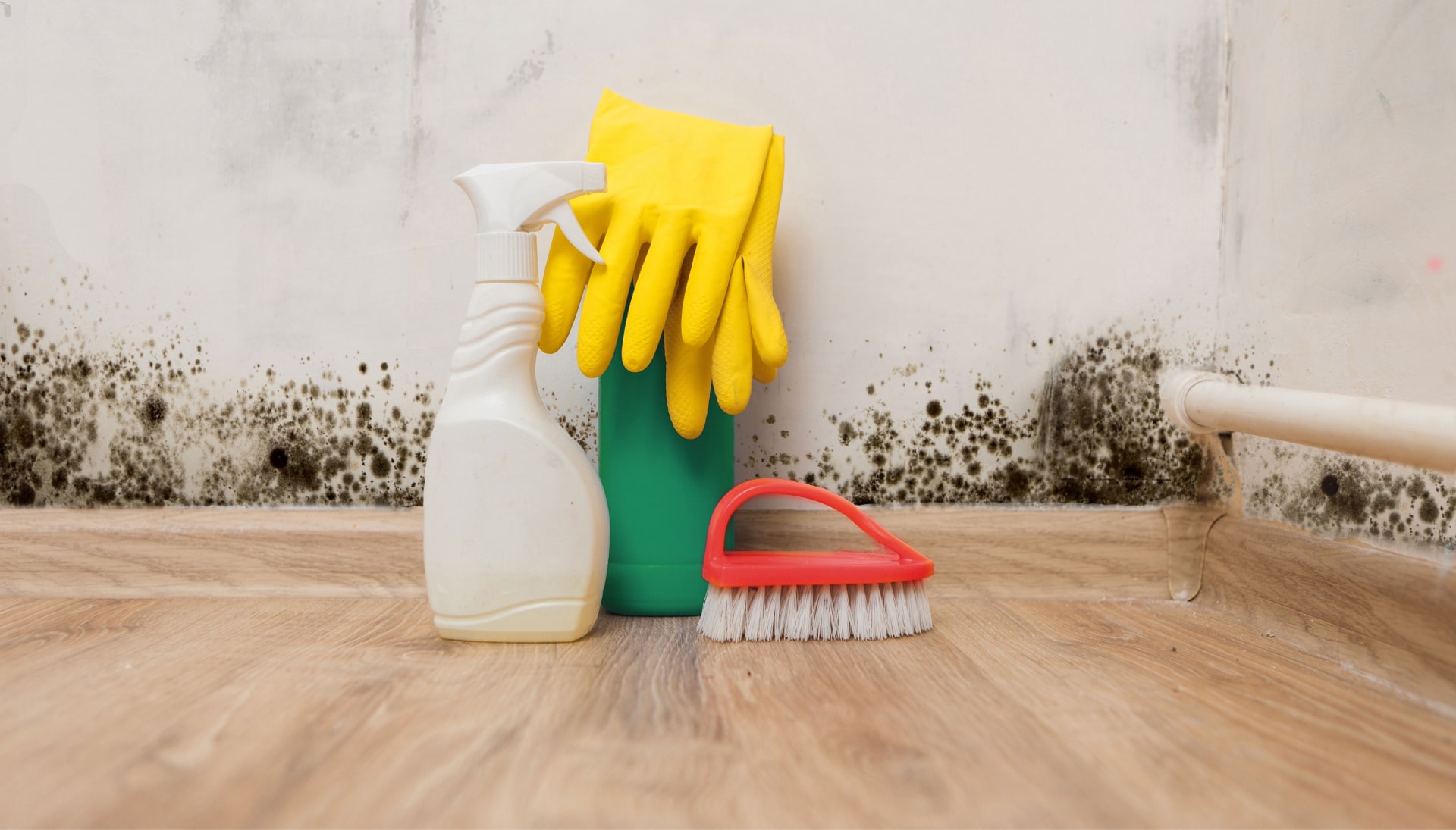
Commercial Mold Removal Services
Protecting Your Home from Hidden Mold
Mold can be a silent threat, growing undetected in the hidden corners of your home. Addressing mold issues early is crucial to protect your health and property. Ignoring mold growth can lead to serious health problems and structural damage, making early detection and remediation essential.
Why Professional Mold Inspection Matters
While visible mold is a clear indicator of a problem, many mold infestations remain hidden behind walls, under floors, and in ventilation systems. A professional mold inspection is vital to uncover these hidden mold colonies and assess the extent of the contamination. Certified inspectors have the tools and expertise to conduct a thorough assessment, including moisture mapping, air quality testing, and thermal imaging. This comprehensive approach ensures that all potential mold sources are identified, even those not visible to the naked eye.
The Mold Inspection Process
A typical mold inspection involves several key steps:
- Visual Examination: A detailed inspection of accessible areas to identify visible mold growth and conditions conducive to mold development.
- Moisture Assessment: Using moisture meters and thermal imaging to detect hidden moisture sources that may be supporting mold growth.
- Air Quality Testing: Collecting air samples to determine the concentration of mold spores in the air, both indoors and outdoors, to assess the level of contamination.
- Surface Sampling: Collecting samples from surfaces to identify the type of mold present and determine the extent of the contamination.
- Detailed Report: Providing a comprehensive report outlining the findings of the inspection, including the location and type of mold, moisture sources, and recommendations for remediation.
Benefits of Early Mold Detection
Early mold detection offers significant benefits:
- Health Protection: Minimizes exposure to mold spores, reducing the risk of allergic reactions, respiratory problems, and other health issues.
- Property Preservation: Prevents structural damage caused by mold, such as wood rot and drywall deterioration, preserving the value of your home.
- Cost Savings: Addressing mold issues early can prevent more extensive and costly remediation efforts in the future.
- Peace of Mind: Knowing that your home is free from hidden mold provides peace of mind and a healthier living environment.
Don’t wait until visible mold appears. Schedule a professional mold inspection today to protect your home and family from the dangers of hidden mold. Our certified inspectors will conduct a thorough assessment and provide you with the information you need to address any mold issues effectively.
Commercial Mold Removal Services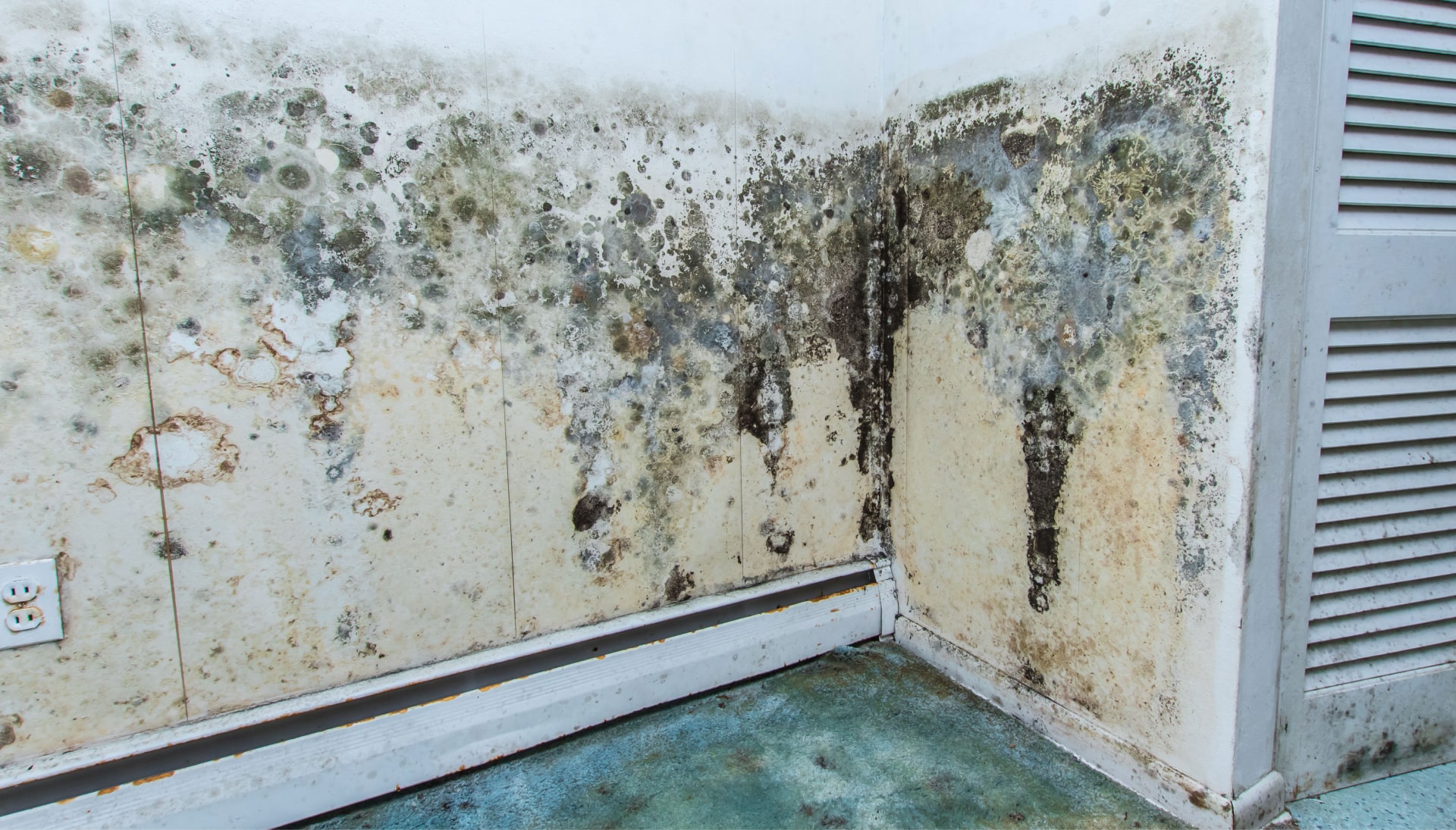
Is Mold Lurking in Your Home’s HVAC System?
Your home’s heating, ventilation, and air conditioning (HVAC) system is designed to keep you comfortable, but it can also become a breeding ground for mold. Because HVAC systems circulate air throughout your house, mold growth within them can quickly spread spores, impacting your indoor air quality and potentially leading to health issues.
Why HVAC Systems Are Susceptible to Mold
HVAC systems offer several conditions ideal for mold growth:
- Moisture: Condensation, leaks, and humidity provide the moisture mold needs to thrive.
- Darkness: Many parts of HVAC systems are dark and shielded from sunlight, further promoting mold growth.
- Organic Material: Dust, pollen, and other organic debris that accumulate in HVAC systems serve as food for mold.
The Importance of HVAC Mold Inspection
Regular HVAC mold inspection is crucial for maintaining a healthy home environment. Mold in your HVAC system can cause a variety of problems:
- Health Issues: Mold spores can trigger allergies, asthma, and other respiratory problems. Prolonged exposure can lead to more serious health complications.
- Reduced HVAC Efficiency: Mold growth can restrict airflow, forcing your system to work harder and increasing energy bills.
- Unpleasant Odors: Mold often produces a musty, unpleasant odor that can permeate your entire home.
- Property Damage: While the primary concern is air quality, unchecked mold can extend to surrounding structures, causing damage over time.
What an HVAC Mold Inspection Entails
A professional HVAC mold inspection involves a thorough assessment of your system to identify potential mold growth. The process typically includes:
- Visual Inspection: Examining accessible components of your HVAC system, such as air ducts, vents, and the air handler unit, for visible mold growth.
- Moisture Testing: Using moisture meters to detect elevated moisture levels that could indicate a hidden mold problem.
- Air Sampling: Collecting air samples to identify and quantify the types of mold spores present in your system. These samples are analyzed in a laboratory to determine the extent of the contamination.
Taking Action After an HVAC Mold Inspection
If mold is detected during an HVAC mold inspection, prompt action is essential. Remediation steps may include:
- Professional Mold Remediation: Hiring a qualified mold remediation company to safely and effectively remove the mold from your HVAC system.
- HVAC System Cleaning: Thoroughly cleaning and disinfecting the entire system to remove any remaining mold spores and prevent future growth.
- Moisture Control: Addressing the source of moisture that is contributing to mold growth, such as repairing leaks or improving ventilation.
Protect your health and your home by scheduling a professional HVAC mold inspection. Addressing mold issues promptly can improve your indoor air quality, enhance the efficiency of your HVAC system, and create a healthier living environment for you and your family.